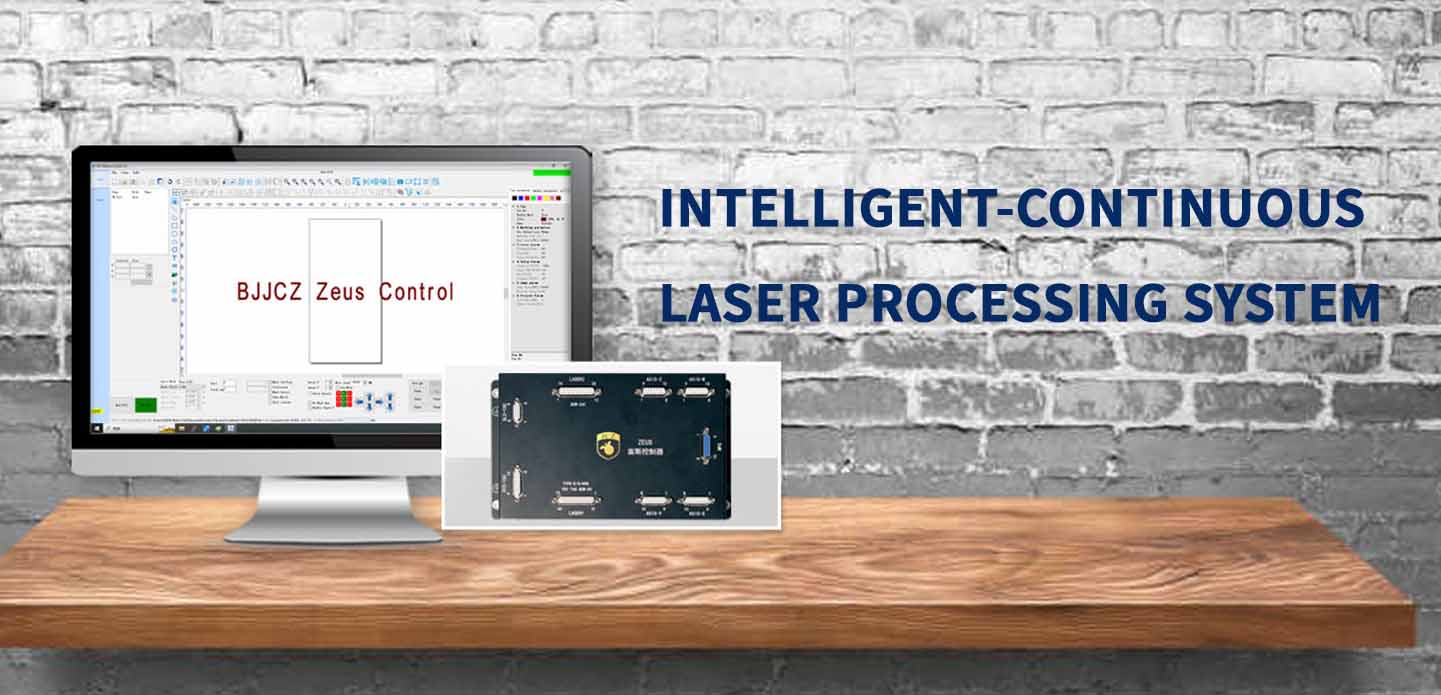In recent years, the field of laser technology has witnessed significant advancements, particularly in continuous wave (CW) lasers. These devices continuously emit laser light without interruption, distinguishing them from pulsed lasers, which emit light in short bursts. This article aims to explore the various applications and benefits of laser CW technology and delve into its promising future across multiple fields.
To understand the significance of laser CW technology, it is essential to first grasp its fundamental characteristics. CW lasers provide a stable output power and coherent light, which makes them ideal for numerous applications. The continuous emission of light ensures a consistent energy delivery, making them particularly useful in applications such as laser cutting, engraving, and medical treatments.
One of the most prominent applications of laser CW technology can be found in the manufacturing sector. Here, CW lasers are commonly utilized for cutting and welding materials with high precision. Industries have recognized that the stable output provided by CW lasers allows for faster processing times and enhanced accuracy in tasks like materials engraving and marking. Unlike pulsed lasers, which can produce thermal shock and potentially damage sensitive components, CW lasers offer a more controlled approach, leading to cleaner finishes and reduced wastage.
Apart from industrial applications, CW lasers are making significant strides in the medical field. In dermatology, for instance, laser CW systems are employed for various treatments like tattoo removal, skin resurfacing, and hair removal. The consistent energy provided by these lasers allows for better penetration into the skin, resulting in effective treatment with minimal side effects. Furthermore, doctors have found that the steady wave nature of these lasers can help in reducing the overall time required for procedures, promoting faster recovery for patients.
The ability of CW lasers to maintain a consistent wavelength also opens up new possibilities in scientific research and development. For instance, in spectroscopy, continuous wave lasers are essential in analyzing materials at a molecular level. Their stable output allows scientists to make precise measurements, improving the reliability of their data. Areas such as quantum optics and telecommunications are also utilizing the distinct properties of CW lasers to develop innovative solutions and enhance data transmission speeds.
As technology progresses, the future of laser CW systems holds exciting potential. Researchers and engineers are constantly innovating and optimizing laser designs, increasing efficiency and expanding their application range. One of the notable trends is the integration of laser CW technology with artificial intelligence (AI) and machine learning. By implementing intelligent systems to control laser operations, manufacturers can optimize their processes in real-time, resulting in more effective and adaptive production methodologies.
Sustainability is another crucial area where laser CW technology can have a positive impact. As industries seek to minimize their carbon footprints, the precise nature of CW lasers can lead to reduced energy consumption. By improving efficiency and precision in processes such as cutting and welding, businesses can minimize waste and improve overall energy use, aligning with global sustainability goals.
Moreover, advancements in fiber laser technology, which often utilizes continuous wave output, are contributing to the development of portable and more versatile laser systems. These innovations are paving the way for easier accessibility of laser technology in various sectors, including remote operations, educational demonstrations, and DIY projects. As prices for laser equipment continue to decline, the applications of laser CW technology are expected to grow, reaching industries and users previously unable to leverage such tools.
In conclusion, laser continuous wave (CW) technology represents a transformative force in numerous fields, from manufacturing and medicine to research and development. Its unique properties make it indispensable for tasks that require precision, efficiency, and consistency. With ongoing advancements in technology and design, laser CW systems are set to play an even more critical role in shaping the future of various industries and applications. As we move forward, embracing these innovations will surely lead to exciting developments and improved methodologies across the globe.
由用户投稿整理稿件发布,不代表本站观点及立场,仅供交流学习之用,如涉及版权等问题,请随时联系我们(yangmei@bjjcz.com),我们将在第一时间给予处理。






